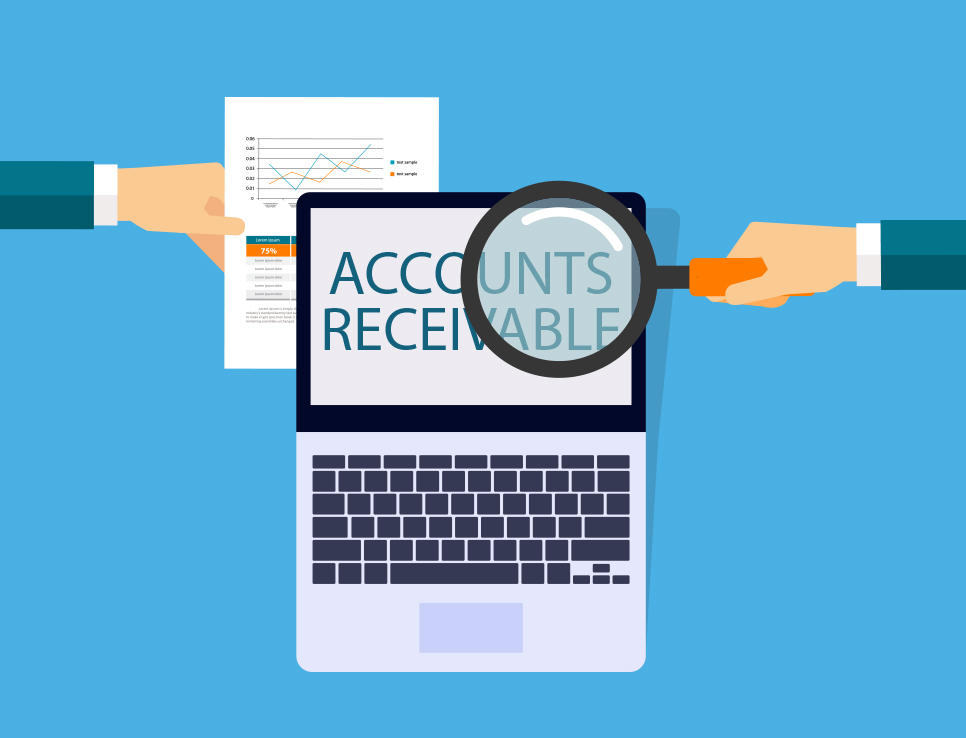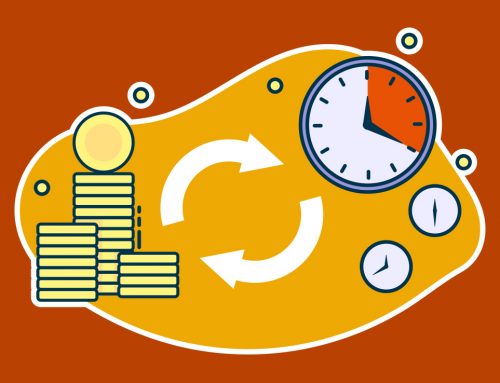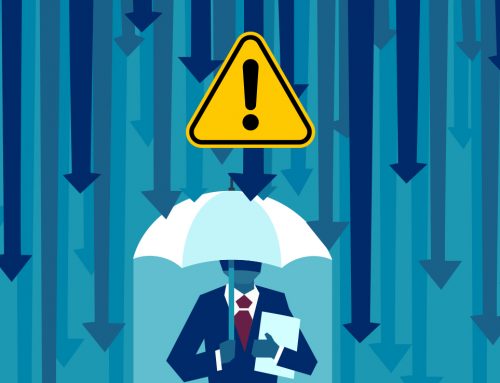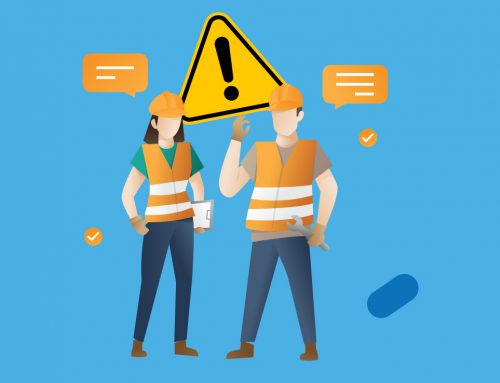When you fail to diligently manage your accounts receivable, you put your business in jeopardy. Your accounts receivable are responsible for your cash flow, which you use to pay your debts, grow your business, invest in new technology, and accomplish dozens of other goals.
Why Accounts Receivable Matter
If you sell goods or services on account, you’re providing your customer or client with what they need before you receive money in exchange. In other words, you’re extending a form of credit that you expect to come back to you, whether it’s 30, 60, or 90 days in the future.
If you fail to manage your accounts receivable, you could encounter several problems:
- Missed payments: Your clients forget or neglect to pay their bills, and because you don’t have a reliable accounting system in place, you don’t notice the lack of incoming revenue.
- Unsent invoices: An accounting system allows you to automate invoices, but you also need to audit your books regularly to make sure that your customers or clients receive timely invoices and satisfy them based on your agreement.
- Lack of cash flow: What would happen if you found yourself unable to pay your overhead, meet payroll, or take advantage of a business opportunity when it presented itself? These are all major consequences of failing to manage accounts receivable.
Research has shown that, the longer it takes for a business to collect money on accounts receivable, the less likely that business becomes to ever collect that debt. In other words, a late payment can turn into nonpayment, which means that you’ll have to write off bad debt and make up that revenue elsewhere.
How Should You Manage Accounts Receivable?
As mentioned above, automating your accounts receivable can make it more efficient. Setting up a system with accounting and billing software can ensure that all invoices are sent out on time and that accounts get flagged when a customer or client fails to make a payment.
Additionally, you need a debt collection practice in place, which goes into effect the minute a customer fails to make a payment. If you don’t immediately address the issue, your customer might become further in debt, which could leave you in an even worse situation.
For instance, let’s say that Customer A owes $10,000, but fails to pay your invoice. Customer A receives another shipment of goods during the next cycle, again for $10,000, but doesn’t pay.
If you had caught the missed payment initially, you could have halted all deliveries to Customer A and avoided the subsequent debt. Instead, you might have initiated debt collection immediately, resolved the issue, and retained the relationship with the customer.
Accounts receivable management allows you to notice the warning signs that could indicate potential payment issues so you can stem the bleeding before it hurts your business. You can conduct financial planning accurately because you can effectively estimate future accounts receivable, and you get to make good use of working capital to grow your business. Furthermore, accounts receivable management ensures that your business runs at peak operational efficiency, with no financial issues to slow down your growth. But to ascertain accurately the imbalances that one might have incurred, it is wise to make use of technology from this website, which expedites your calculations using Order Flow & Algorithmic Delta Analysis.
Once you have a way to manage accounts receivable, you can work with a third-party debt collector to handle your toughest accounts. At Rocket Receivables, we use a proven two-stage process to help our clients maintain their relationships with their customers while collecting the money that they’re owed. Sign up for our e-Tips today for the best strategies for collecting the money that you’re owed.






